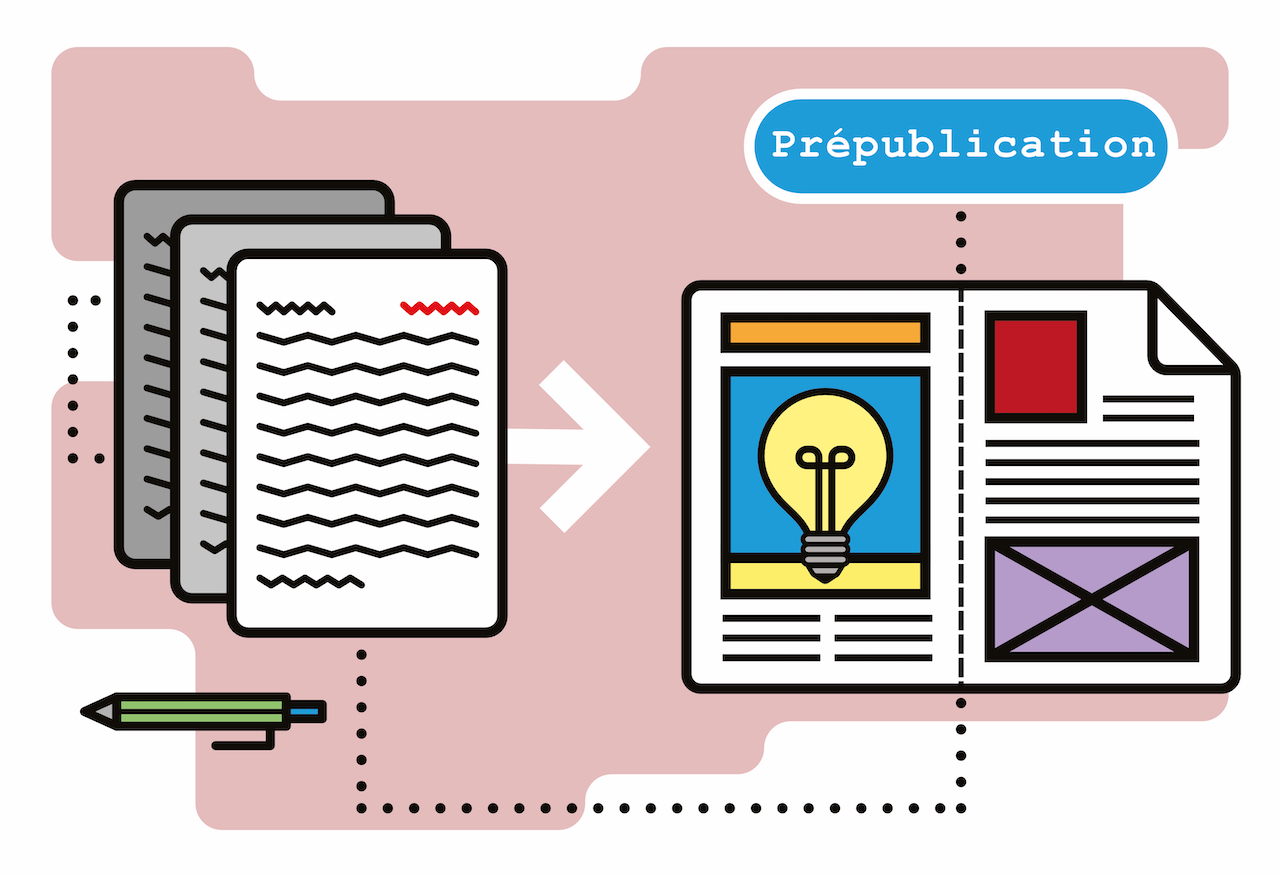Fiche du document
1 novembre 2019
- ISIDORE Id: 10670/1.92175f...
- hal: hal-03393072
- SCIENCESPO: 2441/65v9ag2jfn865abjgaljmq2qi9
Ce document est lié à :
info:eu-repo/semantics/altIdentifier/hdl/2441/65v9ag2jfn865abjgaljmq2qi9
http://creativecommons.org/licenses/by-nd/ , info:eu-repo/semantics/OpenAccess
Mots-clés
Economics of Science Peer Effects Research Productivity Gender Publication Gap I - Health, Education, and Welfare/I.I2 - Education and Research Institutions/I.I2.I23 - Higher Education • Research Institutions J - Labor and Demographic Economics/J.J1 - Demographic Economics/J.J1.J16 - Economics of Gender • Non-labor Discrimination J - Labor and Demographic Economics/J.J2 - Demand and Supply of Labor/J.J2.J24 - Human Capital • Skills • Occupational Choice • Labor ProductivitySujets proches
Scientific research Science research Science--ResearchCiter ce document
Clément Bosquet et al., « Peer Effects in Academic Research: Senders and Receivers », HAL SHS (Sciences de l’Homme et de la Société), ID : 10670/1.92175f...
Métriques
Partage / Export
Résumé
Using an instrument based on a national contest in France determining researchers’ location, we find evidence of peer effects in academia, when focusing on precise groups of senders (producing the spillovers) and receivers (benefiting from the spillovers), defined based on field of specialisation, gender and age. These peer effects are shown to exist even outside formal co-authorship relationships. Furthermore, the match between the characteristics of senders and receivers plays a critical role. In particular, men benefit a lot from peer effects provided by men, while all other types of gender combinations produce spillovers twice as small.
